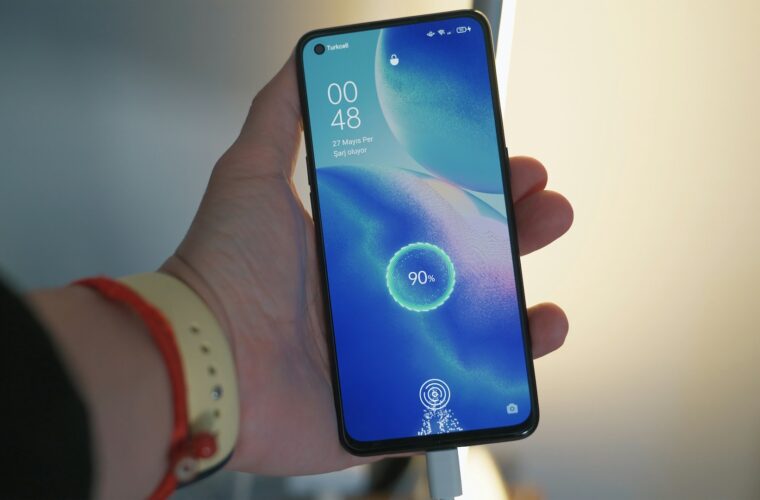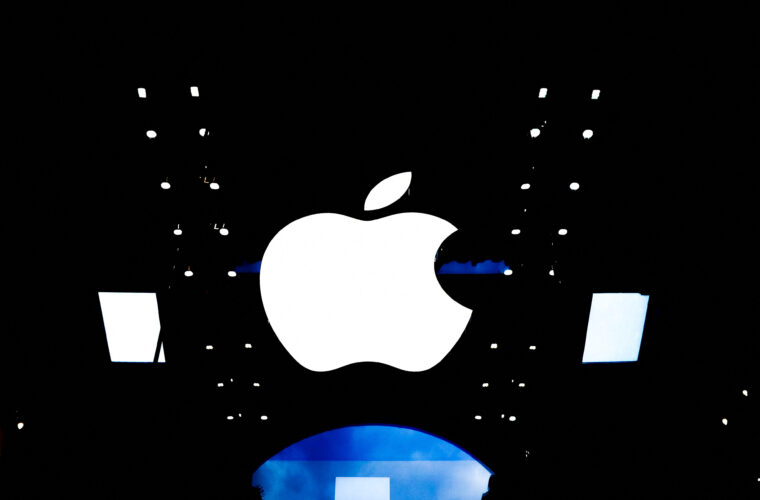France, Germany, Ireland and the UK were the first countries outside the US and Canada.
One of the most notable updates Apple has made to the iPhone 14 series this year is Emergency SOS. This is the ability to use the satellite network to send emergency messages. The function, active at launch in the US and Canada, is now coming to Europe, starting with France, Germany, Ireland and the UK. To mark the occasion, Apple has launched a demo mode of Emergency SOS via Satellite so that users can see how it works. After updating the iPhone 14, users will have to go to the Emergency SOS section of the settings to access the demo.
According to the company, this is an important mode because it allows users to approach the menu for the first time, hopefully without ever having to use it. In fact, many users wondered whether the emergency service was an app that had to be downloaded from the App Store. In demo mode, you will not be connected to a real emergency services agent or forwarding centre: the system will guide users to a server that sends pre-defined responses. This will prevent overloading the actual call centres.
Emergency SOS via Satellite
“Some of the most popular places to travel are off the beaten track or simply lack cellular coverage. With Emergency SOS via satellite, the iPhone 14 range provides an indispensable tool that can give users the help they need while off the grid,” said Greg Joswiak, Apple’s Senior Vice President of Worldwide Marketing. “Our teams have worked tirelessly to tackle a new set of technical challenges to bring this service to life, in addition to building a reliable infrastructure in the field. Satellite Emergency SOS is a revolutionary service only available on the iPhone 14 range and a new innovation that we hope will give our customers some peace of mind”.
The service, also in Europe, will be offered free of charge for two years after activation. At the time of its presentation, during the keynote held in Cupertino in September, it seemed to us Europeans to be a service suitable mainly for the US and Canada. After all, North America has, by definition, boundless and often uncovered spaces. And those who need to call for assistance in those parts are better off relying on satellite services. On the other hand, Europe seems overcrowded: being without a signal in the city only happens when buildings have too thick walls, or the wrong operator is used. An experiment, therefore, is also for Apple to see if Tim Cook is correct when he says that smartphones should also improve people’s lives by protecting them and not just taking selfies to distribute on social networks.



